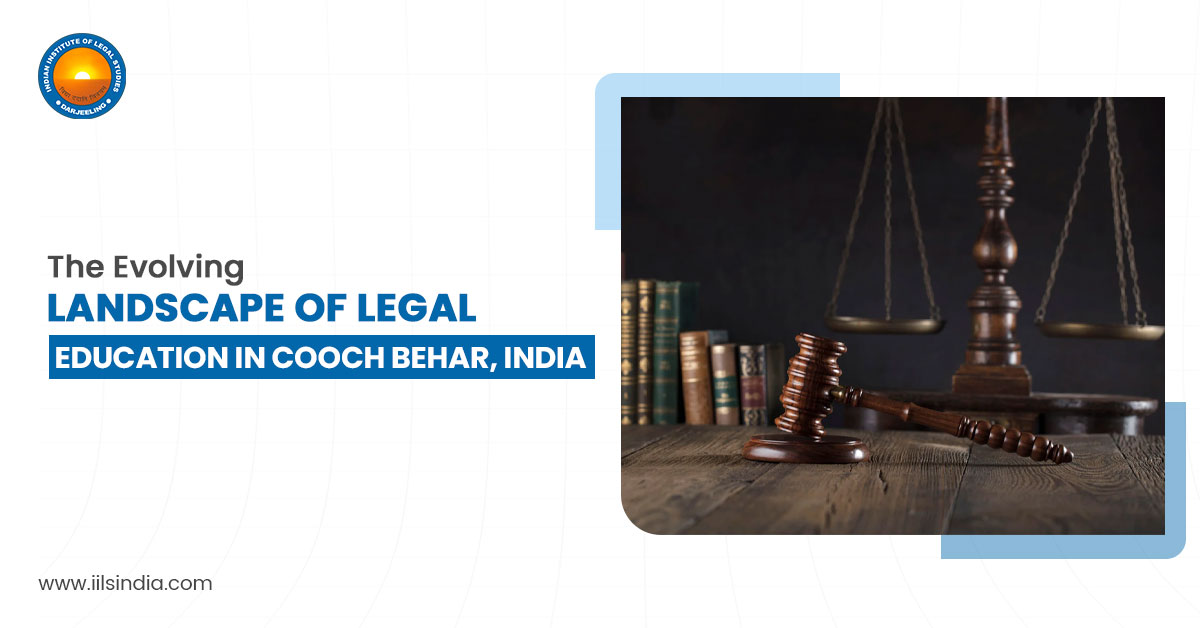Legal education in India has undergone significant transformations over the years, adapting to the evolving demands of society, governance, and the economy. With the growing complexities of legal frameworks and the rise of specialized fields such as cyber law, intellectual property rights, and corporate law, law colleges across the country are focusing on providing holistic education that extends beyond traditional legal studies. Among these, Cooch Behar Law College, like Indian Institute of Legal studies Cooch Behar, has been playing a pivotal role in shaping legal minds by combining theoretical knowledge with practical exposure. The institution emphasizes moot court practice, research-oriented learning, and internships to ensure that students are well-equipped to face the challenges of the legal profession.The importance of experiential learning in legal education cannot be overstated. Law students must engage with real-world legal issues through case studies, mock trials, and legal aid clinics to develop the skills required in a professional setting. As legal education continues to evolve, institutions that focus on a dynamic and application-based approach will remain at the forefront of producing competent legal professionals.
One of the most significant shifts in legal education has been the adoption of technology. Digital platforms, e-learning modules, and virtual moot courts have enhanced the way students acquire legal knowledge. Many law colleges, including Indian Institute of Legal studies Cooch Behar, have incorporated these advancements to make learning more accessible and interactive. The use of artificial intelligence in legal research, online legal databases, and virtual case simulations have enabled students to refine their research skills and stay updated with the latest legal developments. With the rapid digitization of legal procedures, it is crucial for future lawyers to be well-versed in technology-driven legal practices.
Furthermore, legal education must adapt to the increasing globalization of law. Cross-border transactions, international trade agreements, and human rights issues require law graduates to have a global perspective. Institutions that offer international law programs, student exchange opportunities, and collaborations with foreign universities provide students with a broader understanding of legal systems worldwide. Another crucial aspect of modern legal education is the emphasis on ethics and professional responsibility. A well-rounded legal education should not only produce skilled advocates but also ethical professionals who uphold justice and fairness. Many law schools are incorporating legal ethics as a core subject in their curriculum, preparing students to handle ethical dilemmas in their careers.
Legal aid clinics and pro bono initiatives further instill a sense of responsibility among law students, encouraging them to use their knowledge for the betterment of society.
In conclusion, legal education in India is undergoing a dynamic transformation, embracing new methodologies, technology, and global perspectives to prepare students for the evolving legal landscape. Institutions like Cooch Behar Law College play a vital role in ensuring that aspiring lawyers are equipped with the necessary knowledge, skills, and ethical grounding to excel in their careers. As the legal profession continues to evolve, a forward-thinking approach to legal education will be essential in shaping the future of law and justice in India.

